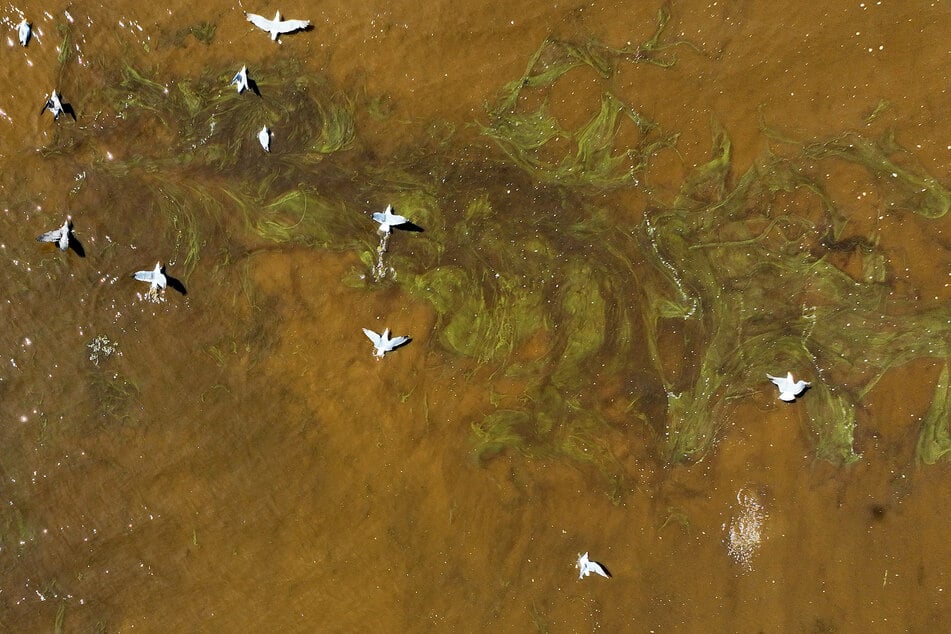"Please don't kill me": Sea lion attack sends 15-year-old girl into a panic
Long Beach (California/USA) - 15-year-old Phoebe Beltran was trying to join the junior lifeguard program in Long Beach in the US state of California. While swimming, she suddenly felt a sharp pain in her arm - she had been bitten.

The test included swimming a distance of over 900 meters, as reported by NBC. The teenager had almost completed the task and was only about 25 meters from the shore when she suddenly felt a bite on her arm.
At first, she thought the worst: a shark attack. "Please, don't bite my arm off. Please don't kill me," she pleaded inwardly.
Frightened, she didn't dare look to see what had bitten her. Eventually, she went underwater to look for her attacker - but all she saw was a shadow.
When she resurfaced, she began to scream, whereupon the aggressive animal finally let go. Her mother, who was standing on the beach, realized that it was not a shark, but a sea lion.
Phoebe was able to make it to shore, where paramedics immediately rushed to her aid and took her to the emergency room. Fortunately, apart from some swelling and scratches, she was fine.
Sea lions become more aggressive due to poisoning

"I've already been stung by a stingray, pinched by crabs and bitten by small fish. But a sea lion?" the 15-year-old wondered. Nevertheless, she is determined to plunge into the water again and pass the test.
"In my 25 years of service, I've never heard of anything like this," said Gonzalo Medina from the Long Beach Fire Department.
Sea lion attacks are rare in themselves, but such incidents do occur from time to time on the Californian coast.
According to National Geographic, one of the main reasons for this is poisoning, which affects many sea lions. The algae species "Pseudo-nitzschia" has spread massively in the water. This algae produces toxins that are ingested by fish.
Sea lions in turn eat the poisoned fish - and fall ill themselves. The sick animals often display more aggressive behavior than their healthy counterparts.